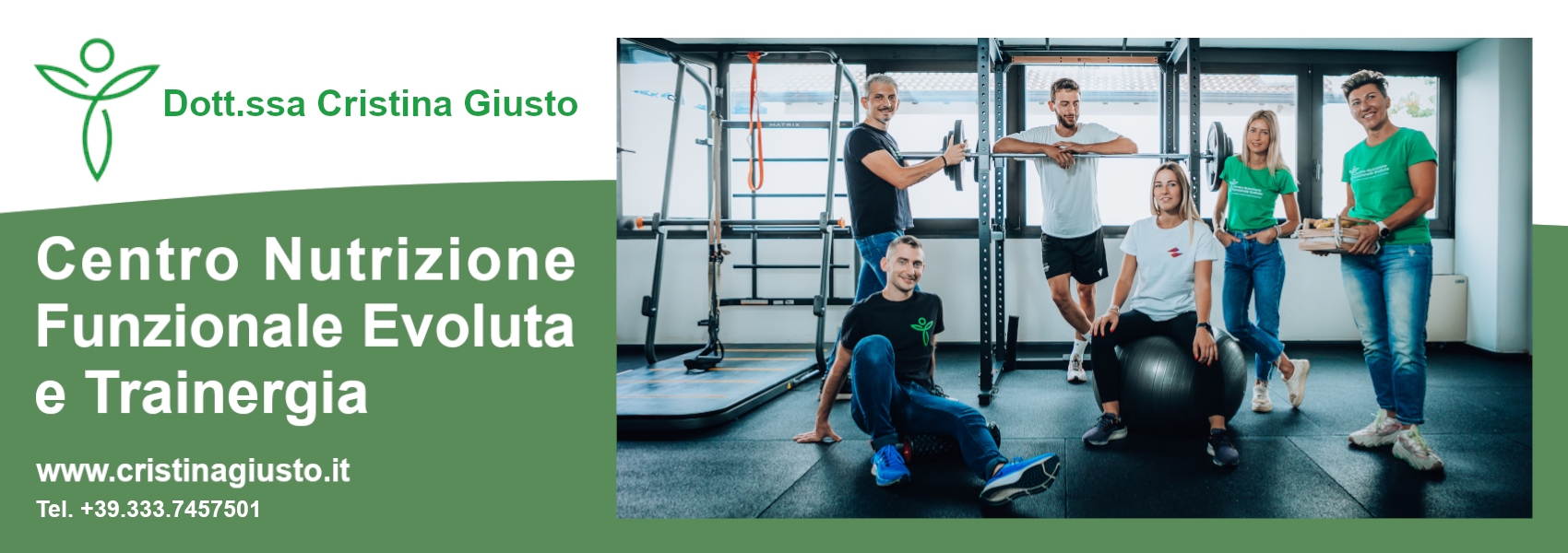When we speak of wellbeing and health, we must refer to four main macro-areas that together ensure the maintenance of psycho-physical balance and the health of our organism:
- Nutrition: A balanced diet is essential to provide the body with the nutrients it needs to function properly. This includes vitamins, minerals, proteins, carbohydrates and fats.
- Physical activity: Movement is essential for maintaining good health and cardio-respiratory capacity, improving muscular endurance, preventing disease and improving mood.
- Recovery and sleep: Good quality sleep and adequate recovery time (7-9 hours for most adults) is crucial for physical and mental recovery. The quality of athletic performance is directly proportional to the quality and quantity of our recovery.
- Hydration: Drinking enough is important for maintaining the body's water balance, aiding digestion and nutrient transport, as well as preventing dehydration
These four areas interact continuously and, if treated correctly, can help improve quality of life and health. In particular, we focus on nutrition, hydration and recovery and the crucial role these components play in determining the energy available and usable by our body.
On what we eat and the quality of our recovery depends the effectiveness of a training session, be it a high-intensity workout, a light jog or a strength session.
Eating and hydrating properly before training can improve our ability to perform: increase energy, improve endurance, prevent premature fatigue and support muscle recovery.
What should we do to improve? What should we eat, and when? Here are some guidelines to help you:
1. When to eat pre-workout? The timing depends mainly on the type of training you have to do and the type of food you eat:
- 45-60 minutes before: If you have little time before training, it is best to opt for a snack rich in easily digestible carbohydrates that does not burden your stomach and provides immediately available energy
- 2-3 hours before: If you have more time available, a balanced meal containing complex carbohydrates, lean protein and healthy fats is ideal
2. What to eat during training?
- Two to three hours endurance training: isotonic drinks and gels are among the best choices for prolonged training, as they contain a combination of carbohydrates, electrolytes and water. They turn out to be easily digestible and provide a quick source of energy.
- Long endurance training/distance training >5/10h: energy bars, dried fruit or fresh fruit (e.g. bananas, dates, cereal and sultana bars) are also recommended for this duration of training
- Strength or cardio training of short duration 1/2h : For shorter training sessions, it may be sufficient to drink water and supplement with a little salt to replenish mineral salts. If training is particularly intense or in hot conditions, consider using an isotonic drink to add electrolytes and maintain water balance
3. What to eat before training: Here are some ideas of what to eat before training, depending on the time available:
- 45 minutes before:
- A banana with a teaspoon of peanut butter
- A fruit smoothie with a small portion of protein powder
- A piece of toast with jam
-
1/2 hour earlier:
- A small plate of oats with fruit and honey
- A wholemeal turkey sandwich
- Greek yoghurt, banana and oats
- 3 hours earlier:
- Brown rice with chicken and vegetables
- Quinoa with scrambled eggs and avocado
- Sweet potatoes with salmon and broccoli
During physical activity, the body mainly uses carbohydrates as its main source of energy. Carbohydrates are converted into glucose, which nourishes and fuels the muscles and brain and has the role of being the most important energy reservoir for exercise. It is therefore essential to consume carbohydrates before activity in order to perform well and have sufficient energy to complete the workout.
Another source of energy is fats, which provide usable energy in the long term. The difference from carbohydrates is digestibility: digestion of fats is slower. Precisely for this reason, it is best to avoid high-fat meals before a workout, as they can slow down digestion and cause discomfort during exercise, e.g. gastro-intestinal problems (indigestion, vomiting, diarrhoea, etc.). However, small amounts of healthy fats, such as those from avocados, nuts or seeds, can be helpful if taken in moderation, helping to provide lasting energy, especially if the workout is of long duration.
Protein, on the other hand, is essential for recovery and muscle building. Sufficient protein and calorie intake prevents loss of muscle mass and aids post-training recovery.
Although not a ‘food’, hydration is an essential aspect of pre-training preparation. Dehydration can impair your performance, causing premature fatigue and cramping. Make sure you drink plenty of water before, during and after training.
My advice: easily digestible foods, rich in carbohydrates and protein, and be careful not to eat close to activity to avoid feelings of heaviness or discomfort. Try different combinations to see what works best for you and adapt them to your specific needs.
(Article by Dr Girardi Gioia)





